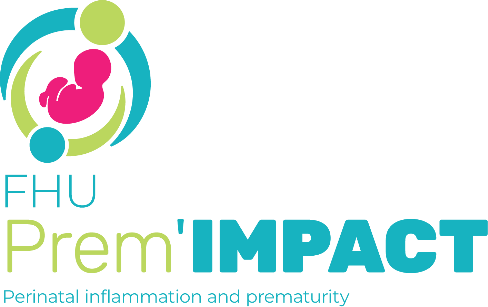ABSTRACT
Background: The relationship between maternal obesity and childhood cognitive development remains unclear. Prior stu
ies did not adjust for important confounders, and preterm infants are a developmentally distinct group that remains scarcely
examined.
Objectives: To determine whether maternal prepregnancy body mass index (BMI) is associated with offspring intelligence quo-
tient (IQ) up to 5 years and whether this relationship varies with gestational age.
Methods: Data from two French birth cohorts, EDEN (all gestational ages) and EPIPAGE-2 (preterm children born between 24
and 34 weeks of gestation), were used for this study. Maternal prepregnancy weight and height were used to calculate prepreg-
nancy BMI. The Wechsler Preschool and Primary Scale of Intelligence was used to assess child IQ around 5 years. Multivariable
models were adjusted for confounders, including socioeconomic status and paternal BMI.
Results: Analytical cohorts included 1100 children from EDEN and 2629 from EPIPAGE-2. Lower intellectual functioning
(full-scale IQ < 85) was observed in 8.1% of children in EDEN and 19.6% in EPIPAGE-2. The prevalence of maternal obesity was
13.6% (EDEN) and 21.3% (EPIPAGE-2) among children with lower intellectual functioning compared to 8.9% (EDEN) and 12.9%
